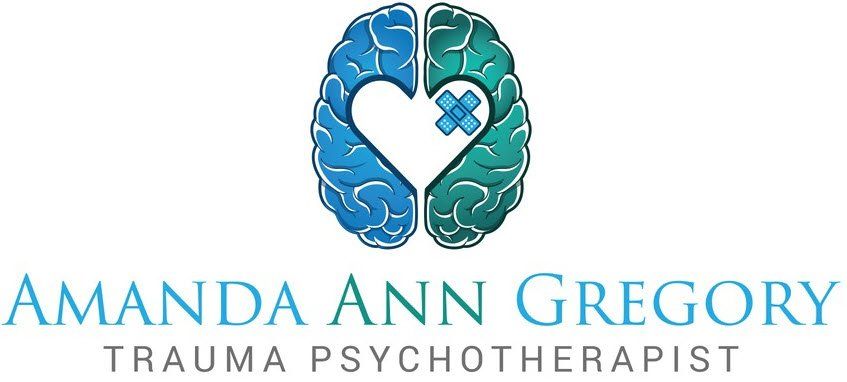Blog Layout
Are Secondary Gains Blocking Your Treatment?
Change is hard. No matter how much motivation you may have, change is difficult to establish and maintain. If you’re trying to make a change in your life and are feeling stuck, you should consider secondary gains, which may be obstacles in your way.
Secondary gains are anything that you gain from your current psychological and/or physiological conditions. These gains could be both good and bad. For example, let’s say that you are struggling to exercise consistently. Common secondary gains that are experienced by not exercising are comfort, a consistent, established schedule, and an identity as someone who does not exercise. These are gains that you would need to sacrifice in order to make the change of exercising consistently.
Secondary gains are often not obvious. It’s strange to say that temporary comfort is a gain that you experience from not exercising when this same inaction could cause physical discomfort. Yet, the secondary gain of temporary comfort has prevented many from meeting their change goals.
Here’s a list of common secondary gains:
- Anxiety/Depression
- Complacency/Comfort
- Routines/Familiarity
- Free Time/Flexibility
- Unhealthy Relationships
- Financial Loss/Gain
- Low Self-worth
- Shame/Guilt
- Social Identity
What Are Your Secondary Gains?
In order to identify your secondary gains, try honestly answering these questions:
- If you woke up tomorrow morning and the change that you want to make has been made, what would you miss? Remember, you will likely miss both positive and negative experiences.
- If you took a magic pill which caused you to act/feel/think in ways that were aligned with your desired change, and if you could never return to your old ways, what you have to leave behind? Consider the thoughts, feelings, actions, relationships, and experiences that would have to be left behind.
- If you never made this change, what would you be able to retain? Consider all the things you would continue to experience if you didn’t change.
These questions might help you identify your secondary gains so that you are better able to overcome them.
Address Your Secondary Gains
Now that you’ve identified your secondary gains, it’s time to address them. If you do not, these gains may continue to be obstacles in your ability to change.
Here are some methods to address your secondary gains:
Awareness.
It’s not easy to admit that you’re gaining something from things that you wish to change. For example, admitting that you have to give up an aspect of your identity (as someone who is inactive) in order to meet your goal of increased exercise can come as a shock. You might feel that you need to change your entire identity. Yet, this new awareness of your secondary gains might help you overcome them.
Grieving.
You might need to grieve your secondary gains in order to give them up. For example, you’ll need to grieve the temporary comfort and routine that you enjoy by avoiding exercising in order to begin exercising consistently. These losses might seem small, but they could be preventing you from making changes. Grieving can help you address these losses head-on.
Embracing New Gains.
Take some time to identify all the gains that you will experience if you give up your secondary gains. For example, if you have to give up temporary comfort, your established schedule, and aspects of your identity in order to exercise regularly, consider what you’ll gain in their place. You may gain strength, health, a new schedule, and an identity as someone who is active.
Secondary gains could be preventing you from making changes in your life. Try identifying and addressing these gains in order to improve your ability to make sustainable changes in your life.
Get your Free eBook: 25 Anxiety & Trauma Coping Hacks
Amanda Ann Gregory is a trauma psychotherapist, national speaker, and author who provides specialize speaking engagements for conferences, companies, and communities. Schedule a speaking engagement
and follow on Instagram,
Facebook,
or YouTube.
Gregory, A. (2021). Are Secondary Gains Blocking Your Ability to Change?. Symmetry Counseling. Retrieved from https://www.symmetrycounseling.com/counselor-chicago/are-secondary-gains-blocking-your-ability-to-change/

By Amanda Ann Gregory
•
20 Apr, 2024
Christianity has never been the prescribed religion of the US. To state that the US is a Christian nation overlooks the rich diversity of religious beliefs and practices that exist and are celebrated in the country. These are six ways in which Christian privilege manifests in the US,
© 2024
All Rights Reserved | Amanda Ann Gregory, LCPC
Design & Consultation by Teresa Lauer, LMHC, GrowYourTherapyPractice.com *

